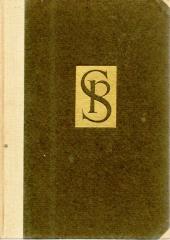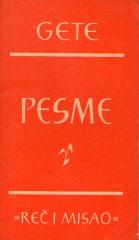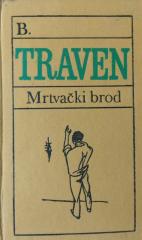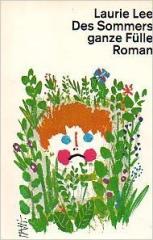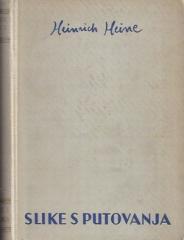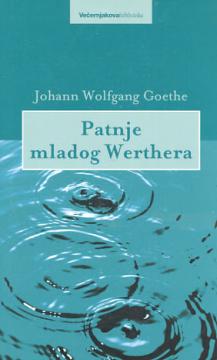
Patnje mladog Werthera
Svojevremeno je gospođa de Štal, koja je bila izuzetno uticajna, za Geteovog „Vertera” rekla da je to „delo koje je ubilo više muškaraca nego što bi najlepša žena mogla”.
Geteova priča o ljubavi jednog mladića prema verenici svog prijatelja, a kasnije i njegovoj ženi, sa tragičnim završetkom i sva natopljena sentimentalnošću, kroz koju se provlači i protest protiv društvene diskriminacije, odjeknula je među savremenicima na različite načine.
Nemačka, a uskoro i ceo kulturni svet koji je dobio prevode, guši se u potocima suza, književnost, slikarstvo, muzika se guše od Verterovih motiva, a šira javnost u svemu, pa i u odevanju, oponaša Geteove junake. . Muškarci tako počinju da nose u stvarnosti (kao Verter u romanu) plavi kaput za jahanje sa mesinganim dugmadima, žuti prsluk i pantalone i visoke čizme sa smeđim ivicama.
Ova moda je u to vreme došla iz Engleske, i bila je svojevrsni protest protiv neozbiljnosti i krutosti rokokoa. Kako je sam Gete nosio ovu odeću kada je stigao u Vajmar, tako je počeo da se oblači ceo dvor, uključujući i vojvodu Karla Avgusta, koji je druge ljude nazivao Geteovim majmunima. Žene su, naravno, pratile Lotinu modnu liniju: duga bela haljina sa visokim strukom, kratkim rukavima i dubokim dekolteom, sa jarko crvenim trakama na njoj.
U 19. veku hrvatska kulturna publika dobija Geteova dela uglavnom na izvornom jeziku, što objašnjava relativno kasno objavljivanje prevoda. Tako su "Dame mladog Vertera" prvi put štampane 1931. godine u prevodu M. Cihlara Nehajeva, ali je od tada izašlo nekoliko izdanja sa različitim prevodiocima.
Među njima su I. V. Lalić, I. Hergešić, S. Slamnig, Vera Čičin-Šain, a najnoviji prevod je S. Mutak, objavljen pre nekoliko godina.
Nema primjeraka u ponudi
Poslednji primjerak je nedavno prodan.
